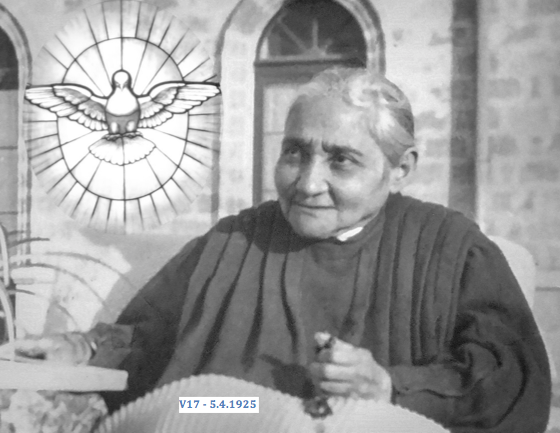What is the Society of St. Philip Neri?
I. The Society of St. Philip Neri currently exists as a private association of the faithful, established simultaneously with Opus Mariae Mediatricis. It aims to be a public clerical association and a community of apostolic life.
II. The Society of St. Philip Neri serves as the clerical branch of Opus Mariae Mediatricis.
III. Its members work to put into practice the three-fold apostolate of Opus Mariae Mediatricis. It is then an institute of active apostolate, with a contemplative dimension. It “also directs its activities to extending the kingdom of Christ to those who are not yet part of it or who may have strayed from the fullness of visible communion with the Catholic Church” (statute 4.2; cf. Declaration Dominus Iesus, Congregation for the Doctrine of the Faith, 6 August, 2000).
IV. The life of the Society of St. Philip Neri is modeled on that of the Oratories established by him. He is the “special model for priest members . . ., who through his cheerful and innovative pastoral style derived from his devotion to the Holy Spirit and Our Lady won many souls for Christ” (statute 4.6). Members of the Society “are under the general obligations of clerics (cc. 273-289), further delineated in The Directory on the Life and Ministry of Priests, published by the Congregation for the Clergy” (statute 4.7). According to the original charism of the Oratory, the Society does not accept the administration of parishes, unless pastoral necessity dictates. The members will live in community and, within the limits of their particular apostolate adhere to the following schedule (the lay faithful are absolutely welcome to take part in the various community functions including the conventual Mass and periods of silent meditation):
Daily Meditation: a half-hour in the morning before the chanting of Terce, a half-hour in the evening, followed by preces. During this time, one of the priests is available for confessions. The evening oratory is one of the principle customs established by St. Philip Neri, the apostle of Rome, for the sanctification of the clergy. He was aware that the easiest thing for a cleric to neglect is daily meditation, so he built periods of meditation into the community he founded.
The Conventual Mass: celebrated after the chanting of Terce. It is celebrated with as much solemnity as possible. It is recommend that a homily be given each day.
Meals: The principal meals begin and end with the formulas contained in the Divine Office. Each meal is enriched by table reading.
Vespers are chanted on Sundays and great feasts, followed by Benediction of the Blessed Sacrament.
Apostolic Work: After the conventual Mass, until the noon meal, accompanied by reading, members of the community engage in the various apostolic works assigned to them. The same applies to the period after lunch until the evening oratory at 5:30 PM. Evenings are also a time for apostolic work, study, etc., etc.
V. When a community has a sufficient number of priest members, some of them could be available to help out in and even staff other apostolates.
VI. In keeping with the charism of St. Philip Neri, great emphasis is placed on the hearing of Confession, particularly of the clergy. All members are to frequently avail themselves of this great sacrament.

